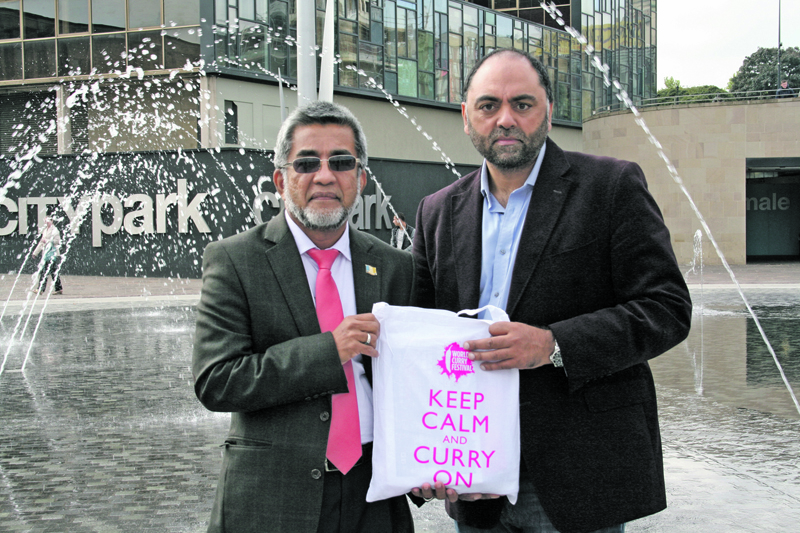
Bradford’s business leaders got the chance to quiz one of the Bank of England’s leading officials this past week at a networking event in the city.
Lawyers, architects, accountants, bankers, education chiefs and business owners were among the audience at the third annual BoE meeting organised by Platinum Partnership Solicitors and held at Bradford College.
Guest speaker, Raakhi Odedra, is a deputy agent at the Bank and she delivered a presentation on monetary policy and economic stability before taking questions from the audience.
Topics discussed included the financial consequences of Brexit, both locally and nationally, and the need for the city’s business leaders to be more vocal about the positive developments in the city and to challenge negative perceptions.
“It is my job to go out and speak to businesses to get a real feeling about what is going on, to test the temperature of real businesses,” said Odedra, who worked as an economist for the Scottish Government for eight years before joining the Bank last September.
“It is helpful for me to come and speak to businesses directly because negative stories quite often dominate the media but what I pick up here is that for a lot of businesses it is just business as usual.”
Nasreen Karim, a partner with the organisers, Platinum Partnership Solicitors, explained why she was so passionate about arranging the annual event.
“It is really important that the Bank of England come to visit local business people, lawyers, accountants and bankers to gage what is actually happening on the ground, which is then fed into monetary policy,” she said.
“The first event I organised highlighted the disparity between what the Bank of England thought and what local business owners were feeling and that’s why it’s important to have this round table discussion every year.”
Karl Oxford of Urban Solutions International was one of those who said they felt enthused by the event.
He added: “It was very informative. As negative as the picture might look at the moment, post Brexit, we have no option but to look positively towards the future and I think because of the low value of the pound, Britain, and its businesses, are very well placed to look at a much more robust level of exporting, particularly to regions like Africa.”















